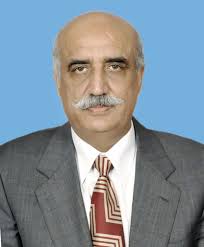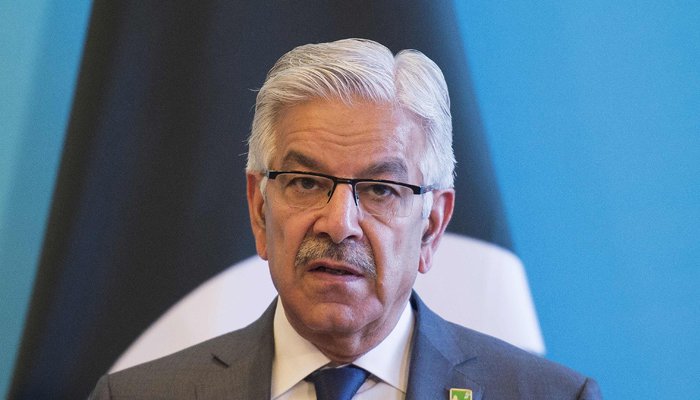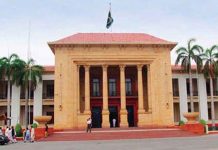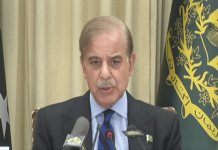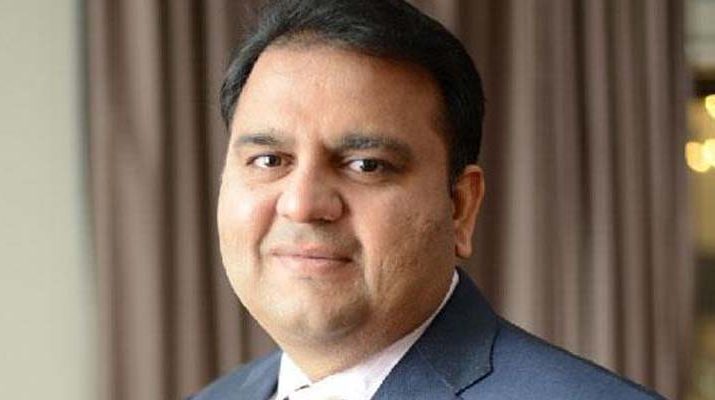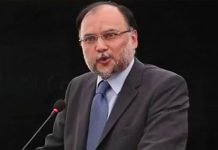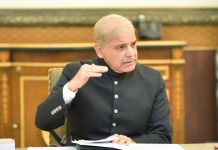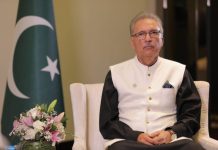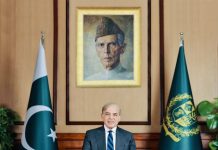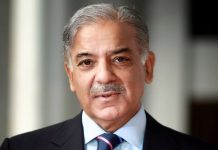Minister for Religious Affairs and Interfaith Harmony Chaudhry Salik Hussain, who arrived here last week, is spending hectic days holding meetings with the concerned Saudi authorities and officials of the Pakistan Hajj Mission to oversee the arrangements for Pakistani Hajj pilgrims. He visited health facilities established by the Pakistan Hajj Medical Mission, one each in Makkah Al-Mukarramah and Madinah Al-Munawwarah and inspected hotel accommodations for Hujjaj, interacting with them to get their feedback. He also inspected the kitchens of catering companies providing three meals a day and the transport services. Additionally, he held meetings with the heads of Saudi companies collaborating with Pakistan for the smooth conduct of the overall Hajj operation. Reviewing the arrangements made for Pakistani Hujjaj, particularly during the five Hajj days in Mashair from 8-12 Zilhaj, Chaudhry Salik toured Mina, Arafat and Muzdalfa. He appreciated the timely and elaborate arrangements, including transport, accommodation, and catering in Mina, Arafat, and Muzdalfa. Pakistan has established two hospitals and ten dispensaries in the holy cities of Makkah and Madinah to provide health care for Hajj pilgrims. This year, 179,210 Pakistanis will perform Hajj under both government and private schemes. A month-long flight operation started on May 9 with five airlines—PIA, Saudi Airlines, Airblue, Serene Air, and Air Sial—operating 259 flights from eight major Pakistani cities to Jeddah and Madinah until June 9. One main hospital and eight dispensaries are in Makkah, while one hospital and two dispensaries are in Madinah. Pakistani pilgrims’ residences in Makkah have been divided into nine zones. One zone has the main hospital, while each of the remaining eight zones has a dispensary. Around 400 doctors and paramedics have been selected this year for the Hajj Medical Mission. They are gradually arriving in Saudi Arabia with pilgrims to perform their duties. Members of the Pakistan Hajj Medical Mission have been selected by the Ministry of Religious Affairs based on a predefined formula comprising 70 percent civilians and 30 percent from the armed forces. At the hospitals, specialists including cardiologists, gynecologists, pediatricians, pulmonologists, dentists, and others are providing round-the-clock service. Both hospitals are equipped with X-ray, ultrasound, and lab testing facilities where minor procedures can be performed. Patients suffering from serious ailments are referred to Saudi hospitals for further treatment. In every dispensary, one doctor, two paramedics, and one pharmacist are present round the clock in different shifts, and each dispensary has an ambulance as well.
متعلقہ مضامین
-
Govt initiates consultation to add public opinion in development of merged districts
-
Minister launches tree plantation drive under Clean Green Peshawar
-
‘Leaderless’ Opposition poses no threat to PTI govt: Fawad
-
Sindh Police removes 200 notorious officers from court duty
-
PTI become voice countrywide: Shah Mahmood Qureshi
-
State to appeal decision in Qandeel Baloch case before SC: Maleeka
-
Pakistan safely evacuates 2,400 students, families from Ukraine
-
3 free liver transplant operation conducted through health cards: Health Minister
-
CM takes notice of forest guard crushing with smuggler vehicle
-
1st phase of DHA National Badminton Championship concludes
-
KP govt to initiate restoration of Peshawar historical sites
-
Over 1.2m people fully vaccinated against Covid-19

